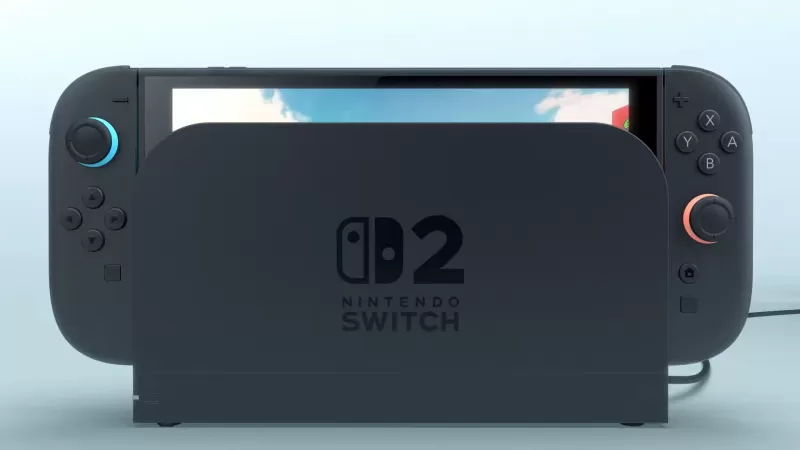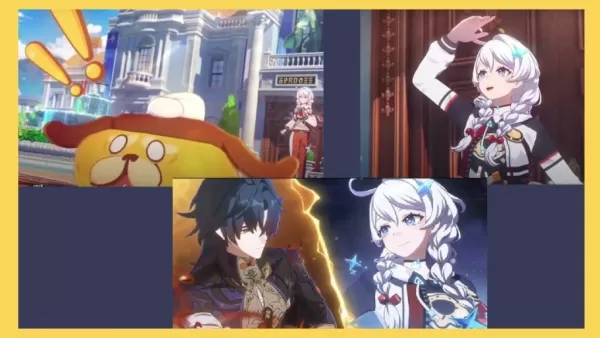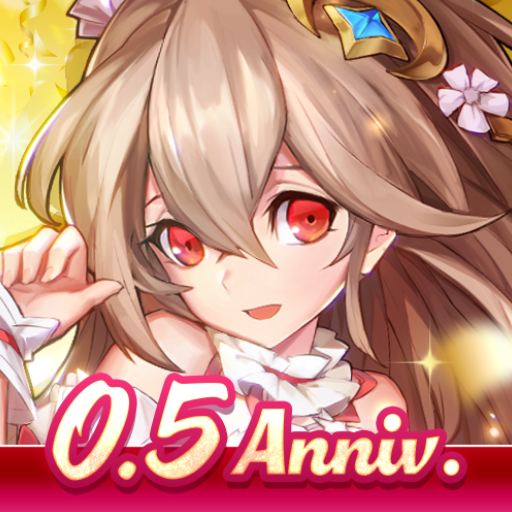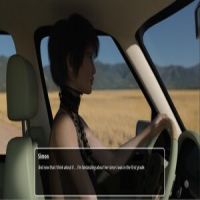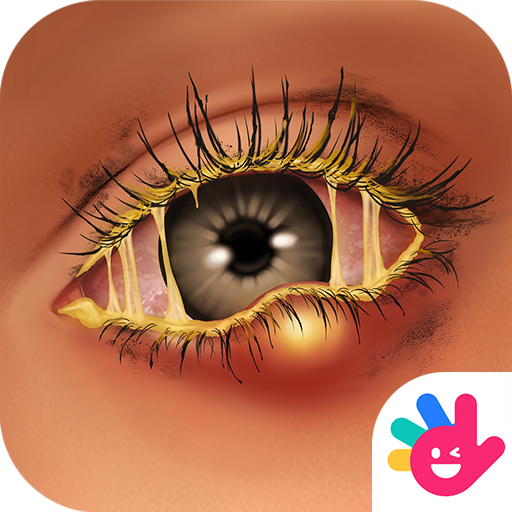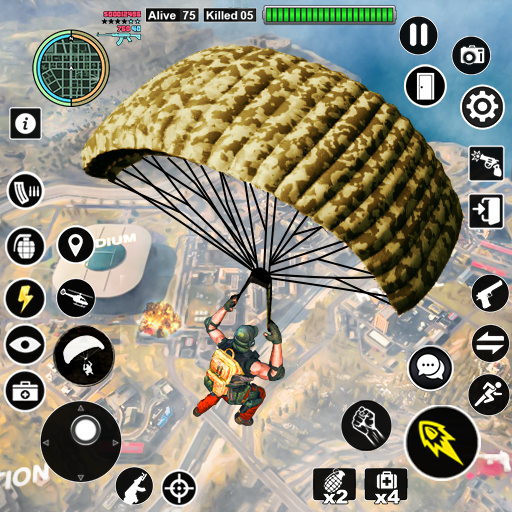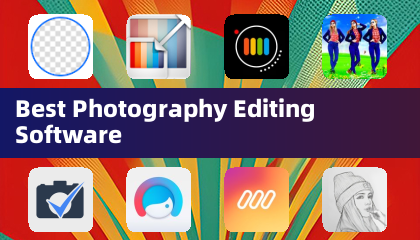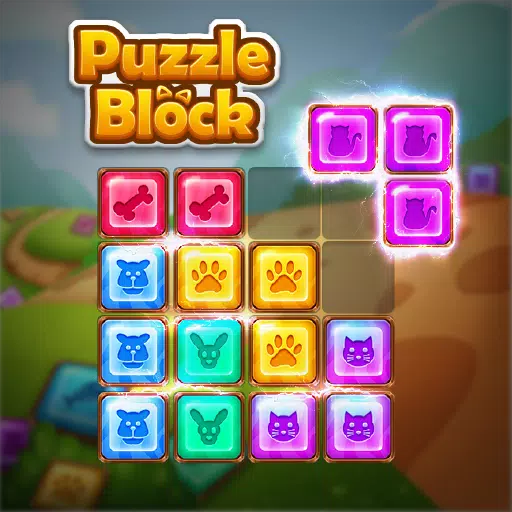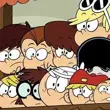In recent weeks, Bungie, the renowned developer behind Destiny 2, has found itself entangled in another controversy surrounding allegations of plagiarism. This time, the focus is on their highly anticipated upcoming project, Marathon. The accusations stem from claims made by an artist who alleges that Bungie incorporated elements of their artwork into the game's environment without proper authorization or credit.
The artist, known as Antireal, shared screenshots from the game's alpha playtest, highlighting specific icons and graphics that closely resemble designs they previously shared on social media in 2017. Antireal expressed frustration in a public statement, noting that while Bungie is under no obligation to hire them, they were disheartened by the lack of acknowledgment or compensation for their work.
"Clearly my work was good enough to pillage for ideas and plaster all over their game without pay or attribution," Antireal wrote. "I am tired of designers from huge companies moodboarding and parasitizing my designs while I struggle to make a living."
Bungie swiftly responded, acknowledging the issue and initiating an internal investigation. While the studio did not issue a formal apology, they admitted that a former Bungie artist had included unauthorized elements in a texture sheet used in the game. The company emphasized that this was an oversight by the current art team and promised to implement stricter measures to prevent similar incidents in the future.
"We take matters like this very seriously," the studio stated. "We are committed to doing right by the artist and are reviewing our in-game assets to ensure proper documentation of all contributions."
This incident marks the latest in a string of plagiarism controversies involving Bungie. Earlier this year, a writer filed a lawsuit alleging that Bungie plagiarized key plot elements from their story for Destiny 2's 2017 expansion, The Red War. Although Bungie attempted to dismiss the case, a judge denied the motion, citing insufficient evidence due to the content being vaulted and unavailable for public play.
Adding fuel to the fire, just weeks prior to the lawsuit, Bungie faced scrutiny over a NERF gun inspired by Destiny 2's Ace of Spades, which was discovered to be nearly identical to fan art created in 2015. These repeated allegations have cast a shadow over Bungie's reputation, prompting questions about the studio's creative processes and ethical standards.

